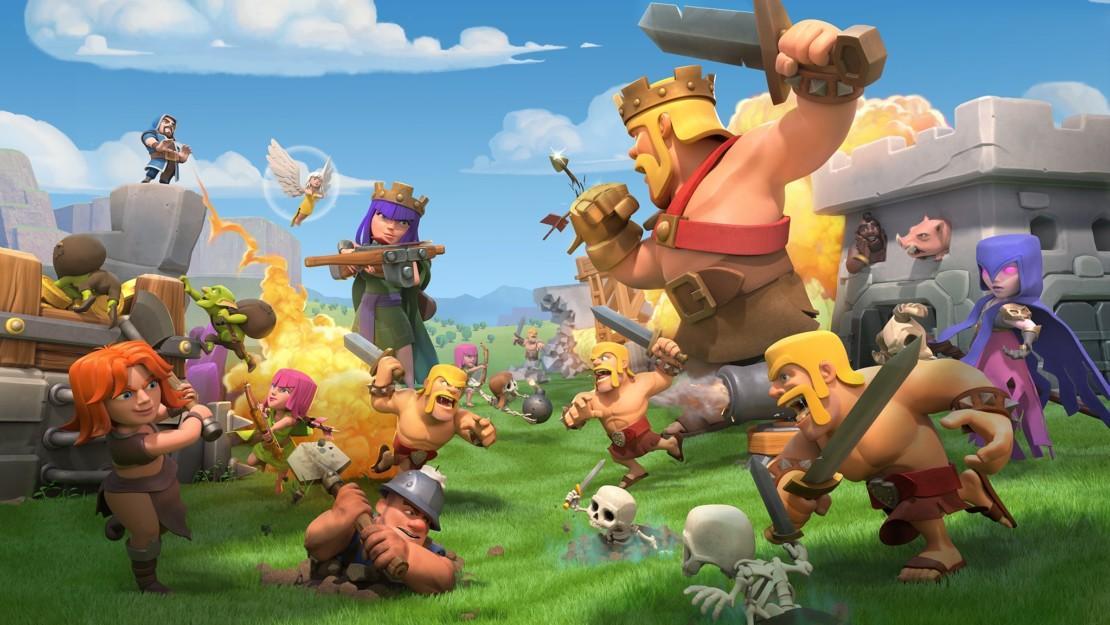30Jun2021
Social media collaboration continues
Gupshup, the leader in conversational messaging, announced the addition of the Messenger API for Instagram to its conversational messaging platform. Gupshup will now allow businesses to have richer two-way conversations with their followers on Instagram at scale.
“Gupshup is committed to helping businesses engage their customers better through conversations across multiple channels,” explained Beerud Sheth, Gupshup Co-founder and CEO. “We are now making available our rich set of tools, powered by conversational AI, to help businesses make their Instagram conversations rich, contextual and personalized. Using these tools, businesses, celebrities and influencers with business accounts on Instagram will now be able to build stronger customer relationships, improve customer satisfaction, develop new business models and drive greater revenues.”
Gupshup has had a longstanding collaboration with the Facebook family of messaging platforms; having collaborated with Messenger in 2017 and was one of the earliest adopters of the WhatsApp for Business service in 2018.
Gaming company helps get rid of waste
Razer, the leading global lifestyle brand for gamers, announced a partnership with marine waste cleaning enterprise, ClearBot, in celebration of World Oceans Day. The partnership complements Razer’s Green Investments vertical, which aims to support environment- and sustainability-focused startups by equipping them with the right tools and capabilities to help them scale.
With approximately 11 million tons of plastics entering the oceans each year, ocean cleaning enterprises often face difficulties with dated technology, cost, and efficiency. The ClearBot team designs robots that leverage AI-vision to identify different types of marine plastic waste and collects information regarding these pollutants in the oceans to protect aquatic life. ClearBot robots are deployed to retrieve marine plastic waste, which is then responsibly disposed.
The newly designed and fully automated robot is armed with cutting-edge AI and machine learning capabilities that can detect marine plastics within two meters in rough waters. The robot can collect up to 250 kg of plastics in just one cycle, while running on solar-powered energy.
“We are extremely happy to have the opportunity to work with a startup focused on saving the environment,” said Patricia Liu, Chief of Staff at Razer. “ClearBot’s unique AI and advanced machine learning technology will enable and empower governments and organizations around the world to broaden their sustainability efforts.”
Brand values heading south in Europe
The total value of Europe’s top 500 most valuable brands has dropped 10% during the COVID-19 pandemic from €1.96 trillion in 2020 to €1.76 trillion in 2021, according to the latest report by Brand Finance – the world’s leading brand valuation consultancy.
“The COVID-19 pandemic has ravaged Europe and the world alike, and the impact on the old continent’s top brands cannot be ignored, with the total brand value of the top 500 ranking decreasing 10% year-on-year”, Richard Haigh, Managing Director, Brand Finance, commented. “The pandemic has tested the resolve of Europe’s top brands – some have truly thrived and benefitted as consumers completely shifted their habits, whereas others will be hoping that the continent’s rapid vaccination program enables them to return to normal operations soon.”
Brand Finance’s ranking has been expanded to include the old continent’s 500 most valuable brands for the first time, allowing for comparisons with the world’s two other major economies – the United States and China. The US is in a league of its own, with its top 500 reaching a total brand value of a staggering €3.40 trillion. While Europe comes in second place, the impact of the COVID-19 pandemic has undermined its standing and China is quickly catching up, with its top 500 brands totaling €1.65 trillion in brand value.
New renewables cheaper than fossil fuel
The share of renewable energy that achieved lower costs than the most competitive fossil fuel option doubled in 2020, a new report by the International Renewable Energy Agency (IRENA) shows. 162 gigawatts (GW) or 62 per cent of total renewable power generation added last year had lower costs than the cheapest new fossil fuel option.
Renewable Power Generation Costs in 2020 shows that costs for renewable technologies continued to fall significantly, year-on-year. Concentrating solar power (CSP) fell by 16 per cent, onshore wind by 13 per cent, offshore wind by 9 per cent and solar PV by 7 per cent. With costs at low levels, renewables increasingly undercut existing coal’s operational costs too. Low-cost renewables give developed and developing countries a strong business case to power past coal in pursuit of a net-zero economy. Just 2020’s new renewable project additions will save emerging economies up to USD 156 billion over their lifespan.
“Today, renewables are the cheapest source of power,” said IRENA’s Director-General Francesco La Camera. “Renewables present countries tied to coal with an economically attractive phase-out agenda that ensures they meet growing energy demand, while saving costs, adding jobs, boosting growth and meeting climate ambition. I am encouraged that more and more countries opt to power their economies with renewables and follow IRENA’s pathway to reach net-zero emissions by 2050.”


